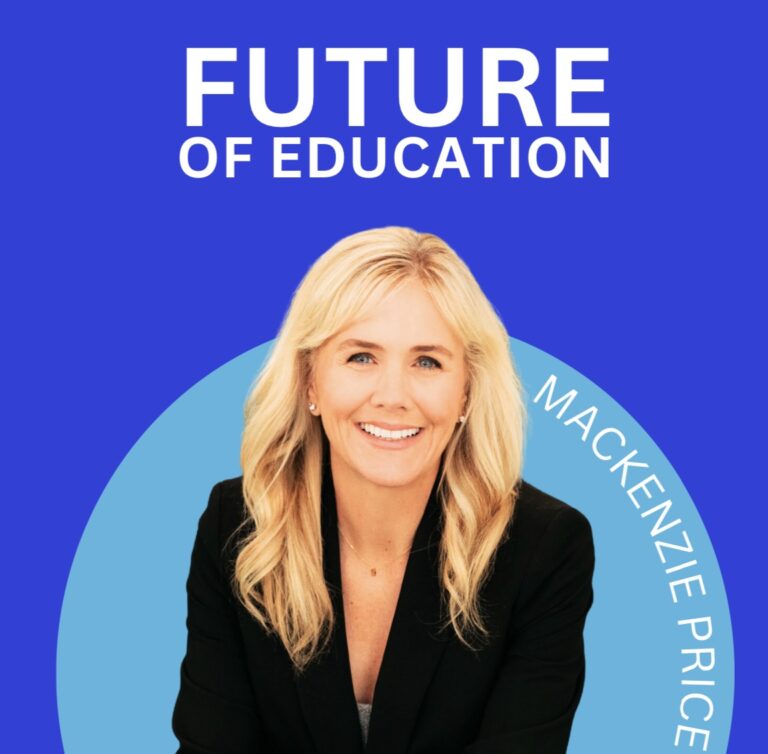The best time to teach kids financial literacy
Vince Shorb
The National Financial Educators Council

- Part 1Helping parents teach kids about money
- Part 2 The best time to teach kids financial literacy
Show Notes
-
00:47The best time to teach financial literacy to childrenFinancial literacy can be taught as early as 3 years old, incorporating household chore responsibilities even before that. The earlier financial concepts are introduced, the better-prepared kids will be in the long run.
-
02:11Teaching financial literacy and risk management to childrenTeaching financial literacy through real-life experiences like managing money from chores, helps children understand risk management. By providing choices and allowing consequences, children learn the importance of budgeting and the consequences of impulsive spending.
-
07:03Parental influence on a childs money personalityBy giving children choices about money and letting them experience the consequences, parents can help them develop their financial personality. Parental influences, such as frugality or entrepreneurship, play a crucial role in shaping children's financial behaviors in adulthood.
-
08:27Avoiding mistakes when teaching kids about moneyParents should avoid being overly structured and instead look for opportunities to connect financial literacy to their children's interests. Exploring careers, theyre interested in and exposing them to financial professionals can provide valuable financial education more engagingly.
-
11:41Socioeconomic background and financial literacyChildren from lower socioeconomic backgrounds may be more familiar with budgeting and delayed gratification but lack hope for the future. On the other hand, children from wealthier backgrounds may have more knowledge about investing but lack basic financial skills.
-
13:57Intergenerational impact of financial literacyFinancial literacy has a significant intergenerational impact, often leading to parents learning from their children's education on the subject. This dynamic highlight the importance of comprehensive financial education across generations to foster better financial habits and outcomes.
-
14:44Stock market investing for kidsAllowing children to invest in the stock market can be appropriate if they show interest. However, it's crucial to ensure they have a strong financial foundation and understanding of risk management and diversification before diving into advanced topics like online stock trading.
Quotes
-
"Teaching personal finances are overall a part of personal responsibility. The sooner we can start teaching and nurture kids to a point, instead of trying to cram everything before they move out on their own, the better." - Vince Shorb
-
"If a kid's never experiencing consequences, they're never learning to manage risk. Consequences will help them develop risk management skill sets." - Vince Shorb
-
"Taking your kids around professionals is a simple way to get them used to professional language and finance. Bring them to your CPA and the banker, and explain what you're doing." - Vince Shorb
-
"When we look at the country, at this point, two-thirds of the country is going through some serious challenges or coping in at least one or multiple areas of their finances. That can easily be passed through to kids." - Vince Shorb
-
"I encourage all the parents out there to spend a little bit of time talking to your kids about money. It will provide long-term benefits, and they wont be knocking on your door trying to live with you in their 30s." - Vince Shorb
- Part 1Helping parents teach kids about money
- Part 2 The best time to teach kids financial literacy
Up Next:
-
Part 1Helping parents teach kids about money
Vince Shorb, Founder and CEO of The National Financial Educators Council, delves into the importance of early financial literacy education. Understanding the fundamentals of money management is crucial for personal and professional success. However, half of the states across the US do not teach personal finance in school. This lack of education places the responsibility on parents to teach children financial responsibility and how to plan for their future. Today, Vince discusses helping parents teach kids about money.
Play Podcast -
Part 2The best time to teach kids financial literacy
Vince Shorb, Founder and CEO of The National Financial Educators Council, delves into the importance of early financial literacy education. Financial literacy is a vital skill that empowers individuals to make informed decisions about money management, investments, and future planning. Educating children on financial literacy early allows them to develop a solid understanding of financial concepts and good money habits as they grow older. Today, Vince discusses the best time to teach kids financial literacy.



